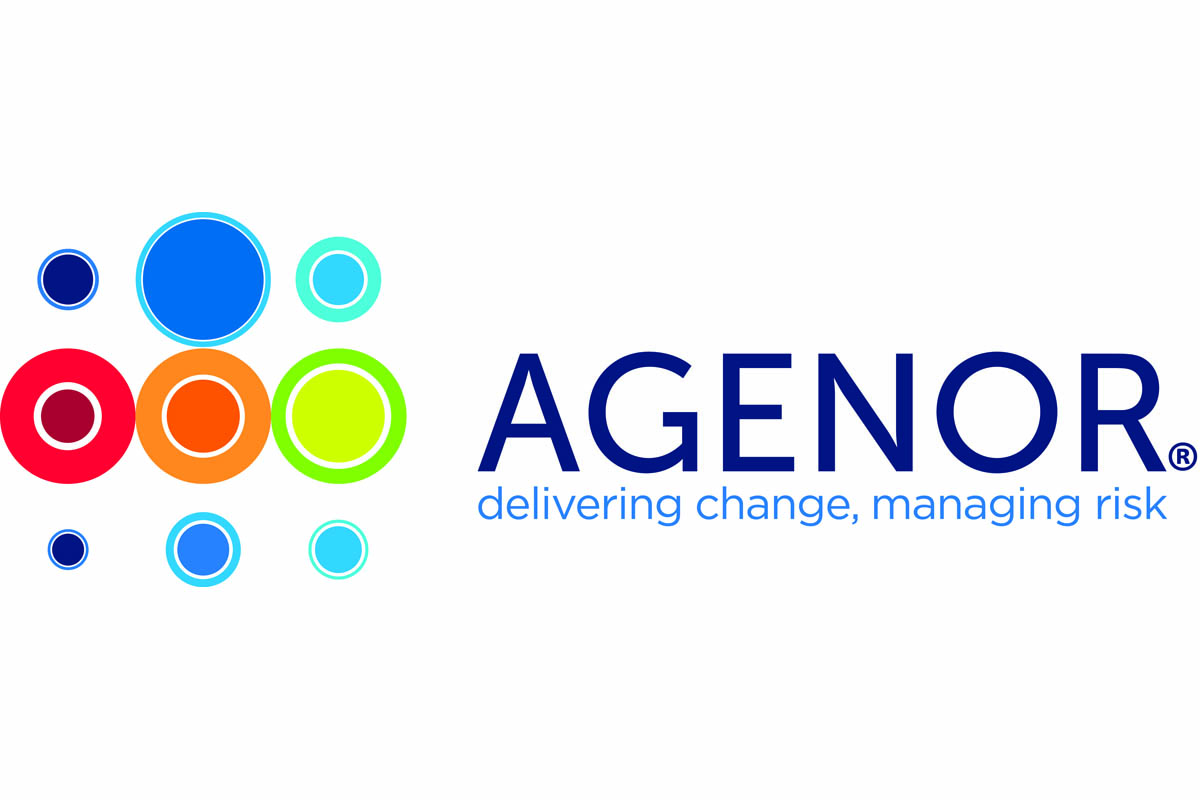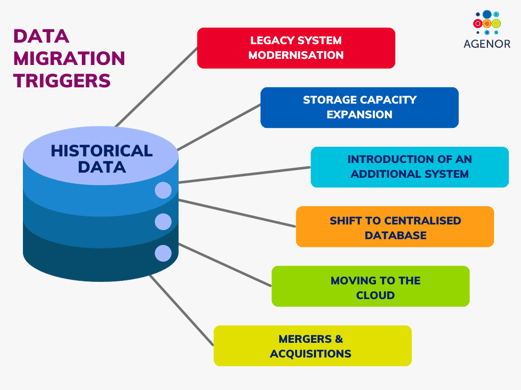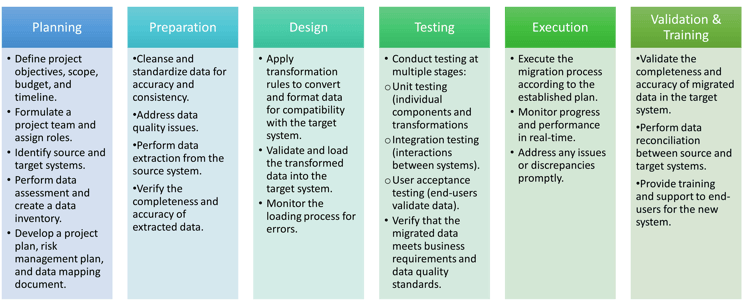
26 Sep 2023
Introduction
In today's fast-paced business environment, data migration has become an essential undertaking for an organisation aiming to keep up with technology advancements, achieve operational efficiency, and stay competitive. The successful execution of a data migration project can be a game changer, while failure can have far-reaching consequences. In this blog, we will explore the world of data migration and unveil how partnering with a project delivery specialist can be the key to mastering seamless and successful data migrations.
The Crucial Role of Data Migration
Data migration is the process of moving data from one system, application, or platform to another. Whether it's transitioning from legacy systems to modern cloud-based solutions, merging data after an acquisition, or enhancing data quality, data migration is a critical procedure for organisations of all shapes, sizes and industries.
Data is not just a collection of bytes; it represents a company's history, its customers, its products, its services, and its future. The ability to move this data efficiently and accurately from one place to another can have a profound impact on an organisation's ability to adapt, grow, and compete in a rapidly changing business landscape.

The Complex Nature of Data Migration
Data migration projects are complex and multifaceted. They involve various stages, from planning and data assessment to execution and validation. These projects require meticulous attention to detail, comprehensive project and risk management, and a deep understanding of data structures, business objectives, and technology stacks.
The complexity of data migration often arises from a combination of factors:
Given these complexities, it's no surprise that data migration projects can be daunting for organisations. However, with the right expertise and support, these challenges can be effectively managed and overcome.
The Data Migration Process
While data migration is complex process, the data migration process outlined below provides a more concise overview of the key steps involved. However, it's essential to note that the specific needs and complexity of each data migration project will ultimately determine the precise process to be followed. Depending on the project scope there may also be considerations for the project delivery team around data retention, back up and change management to ensure overall success of the migration.

Why Data Migration Projects Fail
Despite the importance of data migration, these projects often face significant challenges, and failures are not uncommon. McKinsey research in 2021 found for companies transitioning more workloads to the public cloud, poor coordination is costing the average company 14 percent more in migration spend than planned each year, and 38 percent of companies have seen their migrations delayed by more than one quarter.
Some of the key factors that contribute to data migration failures include:
The Advantages of Engaging a Specialist Data Migration Partner
This is where a specialist Data Migration Project Delivery can step in to redefine the data migration landscape, offering a range of benefits that can make the difference between a smooth, successful migration and a costly, disruptive failure.
1. Expertise That Matters
When selecting a specialist delivery partner choose a team of seasoned experts with a wealth of experience in managing complex data migration projects. Specialists who have successfully executed numerous projects across various industries, will be well-equipped to navigate the unique challenges and nuances each project presents. Data migration is more than just moving data; it's about ensuring data quality, security, and alignment with business objectives.
A good partner will bring a wealth of expertise to the table:
2. Proactive Risk Mitigation
One of the key reasons data migration projects can falter is the lack of proactive risk mitigation strategies. In our experience at Agenor, identifying and addressing potential risks early in the project lifecycle is crucial. Data Migration experts are adept at conducting risk assessments and developing comprehensive risk management plans to keep the project on track.
The risk management approach must include:
3. Tailored Solutions for Unique Needs
No two data migration projects are exactly alike. Every organisation has its own set of goals, systems, and data intricacies. At Agenor Technology, we don't believe in one-size-fits-all solutions. Instead, we take a highly customized approach to each project.
Our approach to customisation includes:
4. Efficiency and Resource Optimisation
Efficiency is the name of the game in data migration. The longer a migration takes, the greater the potential for disruptions and increased costs. Excellence in optimizing migration processes, minimizing downtime, and maximizing resource efficiency is vital.
A robust approach to efficiency includes:
5. Comprehensive Post-Migration Support
A successful data migration doesn't end when the data is transferred. Ensuring that the new system operates smoothly and meets business needs is equally important. For example, we offer comprehensive post-migration support to address any issues or optimization opportunities that may arise.
Commitment to post-migration support includes:
Conclusion:
In conclusion, data migration is a critical operation for organisations seeking to thrive in today's data-driven world. However, the complexity and risks associated with data migration projects should not be underestimated.
Partnering with a specialist in Data Migration Project Delivery, can be your key to ensuring data migration success. With the right expertise, proactive risk mitigation, customised solutions, resource optimization, and comprehensive post-migration support, you can embark on your data migration journey with confidence.